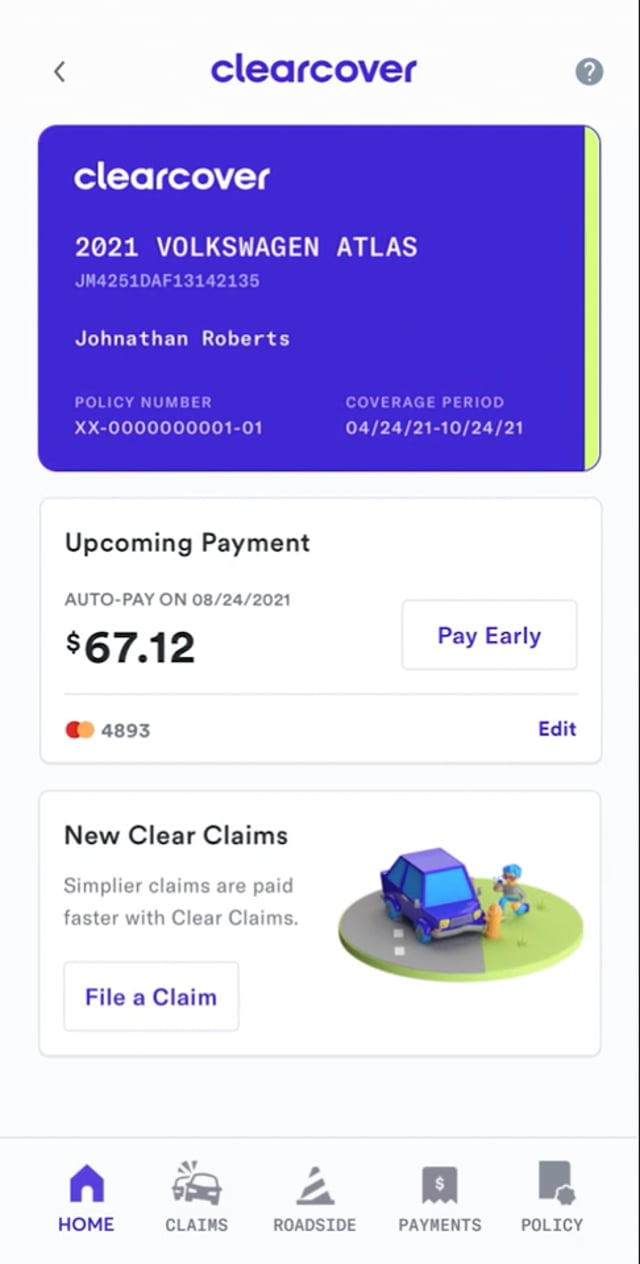
Insurers use a home insurance inspection to determine the risk level for a property. This can help insurers determine whether a property is at risk of catastrophic events, such as fire and water damage.
There are many reasons why an insurer may require you to have a home inspection before they can insure your home. These include limiting their risk to keep their business afloat, providing better coverage and ensuring that you're getting the most affordable premium possible for your needs.
You have several options if you do not want a home inspection for your insurance. You can first choose an insurer who does not require a home examination. This can be beneficial for you if you've been having trouble getting coverage with a traditional insurance company, and it could save you money in the long run.

A company specializing in high-risk homes is another option. These policies can be expensive compared to traditional home insurance but are a great option for homeowners who cannot find coverage elsewhere.
The surplus market is another option. Insurance companies are not required to be licensed and their policies are not backed financially by the state. These policies are more expensive than traditional home insurance policies, but you can get them if you have a low risk of filing an insurance claim.
An insurance inspector will check the exterior of your house. The inspector will take measurements, check for architectural features and special features in your home and examine the quality of materials used to build it. They'll check to see if the heating, roofing, electrical, or plumbing systems are working.
The inspector will sometimes also look for pests or infestations. This is very helpful for houses with a termite infestation or rodent activity. They will look for areas which could be breeding sites and for any signs that there was previous water damage.

Some insurance companies even send you an inspection letter by mail to help you prepare for the home visit. The inspector will send you a comprehensive report that details any issues.
The inspector may find that your home's plumbing needs to be repaired. You won't be able get a precise estimate from the inspector, so you should work with an experienced contractor to understand what repairs are needed.
It may be difficult to get through the inspection, but you'll want to do it anyway if you care about your safety. You can also prioritize the necessary repairs to avoid expensive renovations in the future.